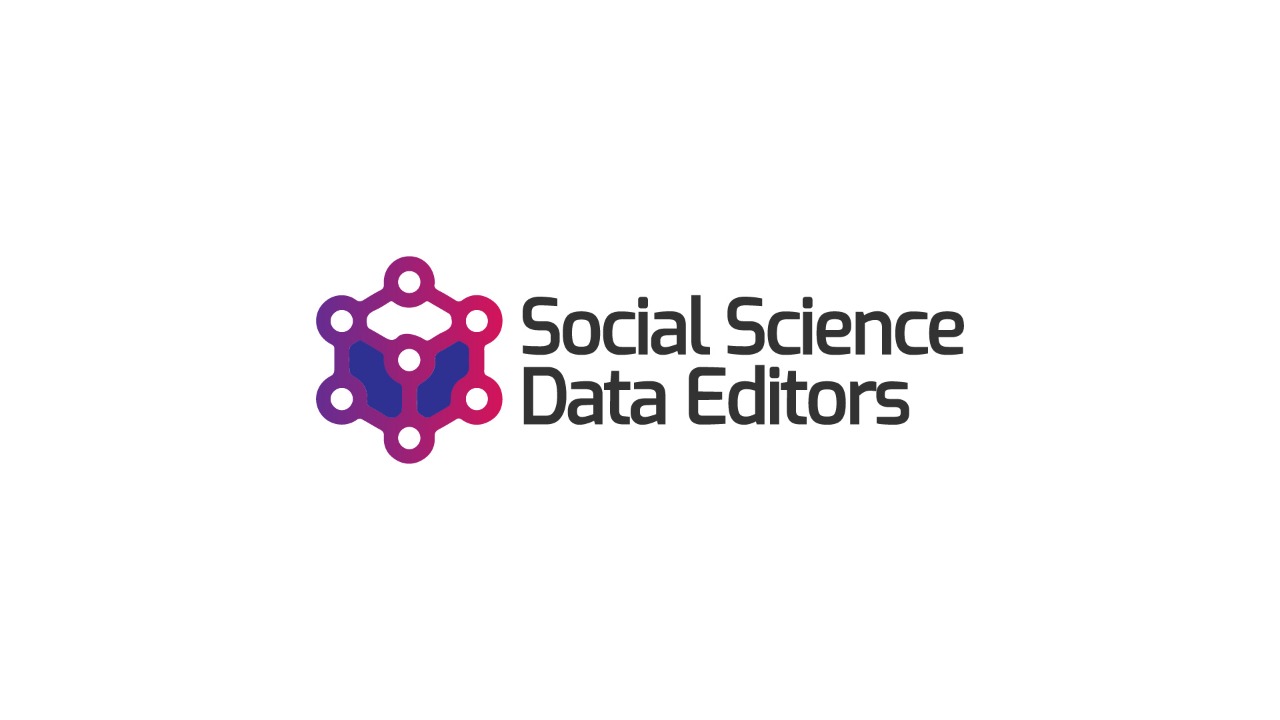Use of containers#
TL;DR#
Containers are a way to simulate a “computer within a computer”, which can be used to run code in an isolated environment. They are relatively lightweight, and are starting to be used as part of replication packages in economics (but only 0.13% of 8280 packages…).
They do not work in all situations, and require some more advanced technical skills (typically Linux, in addition to the statistical software).
Using containers to test for reproducibility is easier, and should be considered as part of a toolkit.
Several online services make such testing (and development) easy.
Overview#
Coming soon.
Containers can be shared via online systems (Docker Hub, Singularity Hub, etc.), or via files (.tar files, etc.). While the former is convenient, the latter is more robust for archival purposes.
Warning
Commercial container sharing services regularly purge containers from their services if they are not actively used, or if a subscription is not maintained. While the core infrastructure containers, such as for Python or R, are likely to be maintained for a long time, commercial companies can change their preservation policies at any time, with little warning.
Examples#
While Docker is usually mentioned in the context of free open-source software such as Python or R, it can be used with commercial software. For example, the AEA Data Editor provides a Docker image for Stata 17, together with instructions on how to run it. You do need a license file, but if you are going to run a Stata replication package, you probably already have that.
See the Testing Docker page.
Additional resources#
Docker is a free, open-source container manager, which allows users to create containers using “recipes” (called
Dockerfiles). While the underlying technology is usually Linux, Docker Desktop (commercial, free for most academic uses) allows users to run containers on Windows, macOS, and Linux.OrbStack is a container manager for macOS (commercial, free for typical academic usage). It is compatible with Docker.
Apptainer, formerly known as Singularity, free, open-source container manager. It can use Docker images, but has its own syntax for “recipes”. It is fundamentally Linux based, and available on many university HPC clusters.
Various other container managers are available for both Linux and Windows (Azure) based clouds (podman, etc.). They should all be able to run Docker containers.
